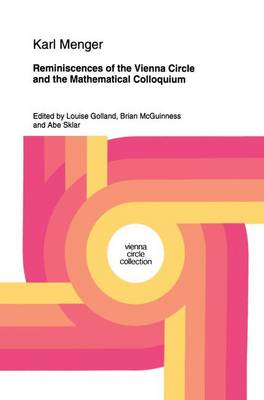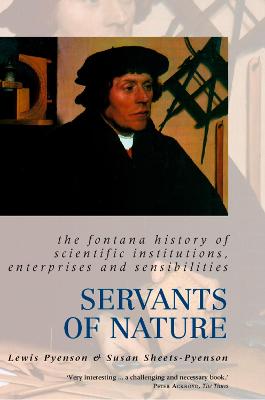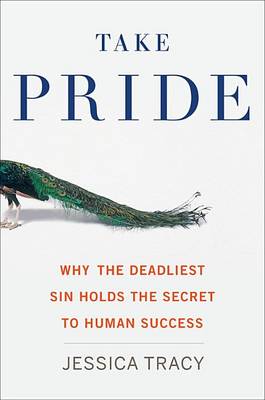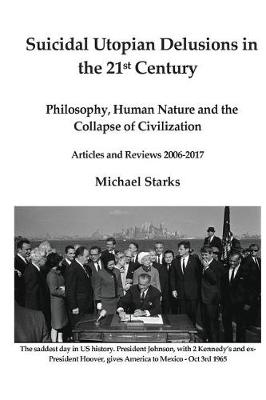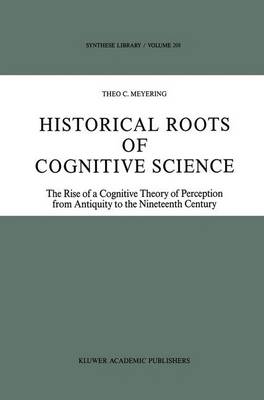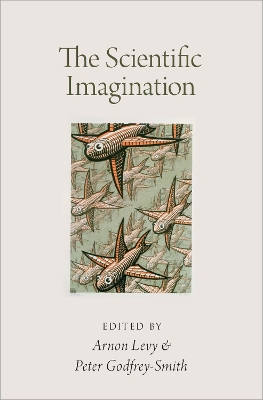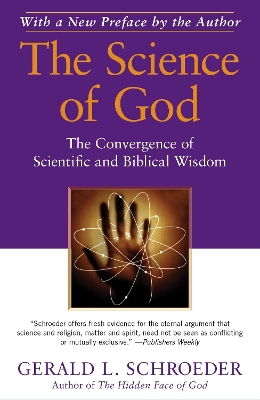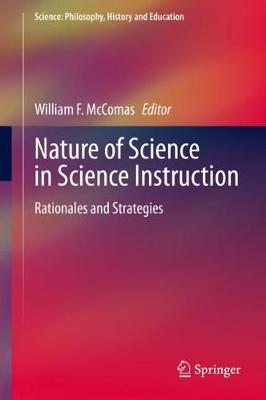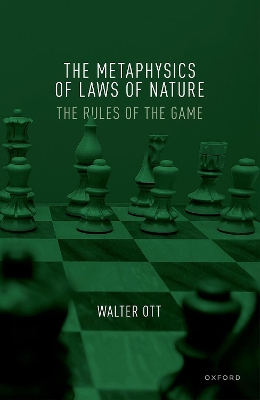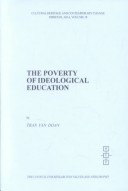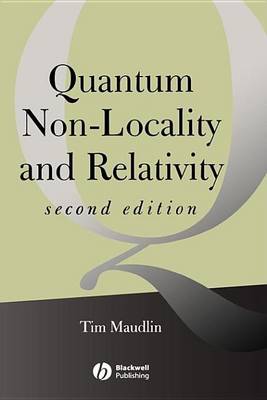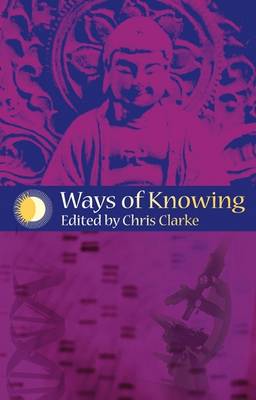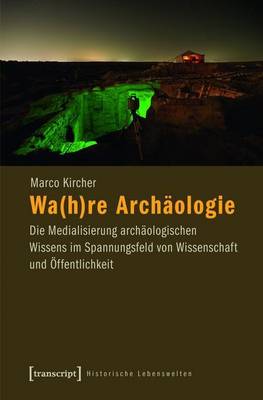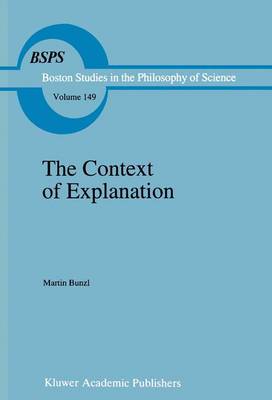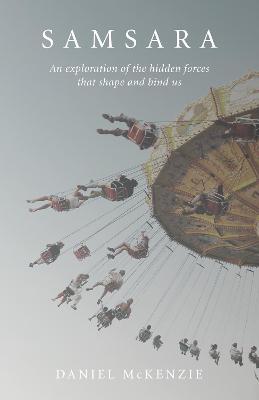How the Cold War Transformed Philosophy of Science
by George Reisch
Reminiscences of the Vienna Circle and the Mathematical Colloquium (Vienna Circle Collection, #22)
by Karl Menger
Karl Menger was born in Vienna on January 13, 1902, the only child of two gifted parents. His mother Hermione, nee Andermann (1870-1922), in addition to her musical abilities, wrote and published short stories and novelettes, while his father Carl (1840-1921) was the noted Austrian economist, one of the founders of marginal utility theory. A highly cultured man, and a liberal rationalist in the nine teenth century sense, the elder Menger had witnessed the defeat and humiliation of the old Austr...
Servants of Nature (Fontana History of Science S.)
by Lewis Pyenson and Susan Sheets-Pyenson
‘Highly readable, subtle and thought-provoking scientific history’ Scotsman In this penetrating work, Pyenson and Pyenson identify that major advances in science stem from changes in three distinct areas of society: the social institutions that promote science, the sensibilities of scientists themselves and the goal of the scientific enterprise. Servants of Nature begins by examining the institutions that have shaped science: the academies of Ancient Greece, universities, the growth of...
Philosophy, Science, and History
Philosophy, Science, and History: A Guide and Reader is a compact overview of the history and philosophy of science that aims to introduce students to the groundwork of the field, and to stimulate innovative research. The general introduction focuses on scientific theory change, assessment, discovery, and pursuit. Part I of the Reader begins with classic texts in the history of logical empiricism, including Reichenbach's discovery-justification distinction. With careful reference to Kuhn's analy...
Miracles of Exodus: a Scientist's Discovery of the Extraordinary Natural Causes of the Biblical Stories
by Colin J. Humphreys
Take Pride: Why the Deadliest Sin Holds the Secret to Human Success
by Jessica Tracy
"A leading psychologist reveals how our most misunderstood emotion--pride--has shaped our minds and our culture, and shows how we can harness its power. Why did Paul Gauguin abandon middle-class life to follow the path of a starving artist? What inspired Bill Gates to give away so much of his hard-won fortune? How has Donald Trump succeeded so excessively, when his winning style could easily be his greatest liability?As the renowned emotion researcher Jessica Tracy reveals in Take Pride, each of...
Wholeness and the Implicate Order (Routledge Classics) (Ark Paperbacks)
by David Bohm
David Bohm was one of the foremost scientific thinkers and philosophers of our time. Although deeply influenced by Einstein, he was also, more unusually for a scientist, inspired by mysticism. Indeed, in the 1970s and 1980s he made contact with both J. Krishnamurti and the Dalai Lama whose teachings helped shape his work. In both science and philosophy, Bohm's main concern was with understanding the nature of reality in general and of consciousness in particular. In this classic work he develops...
Historical Roots of Cognitive Science (Synthese Library, #208)
by Theo C. Meyering
Cognitive science, in Howard Gardner's words, has a relatively short history but a very long past. While its short history has been the subject of quite a few studies published in recent years, the current book focuses instead on its very long past. It explores the emergence of the conceptual framework that was necessary to make the rise of modem cognitive science possible in the first place. Over the long course of the history of the theory of perception and of cognition, various conceptual bre...
The Scientific Imagination
The imagination, our capacity to entertain thoughts and ideas "in the mind's eye," is indispensable in science as elsewhere in human life. Indeed, common scientific practices such as modeling and idealization rely on the imagination to construct simplified, stylized scenarios essential for scientific understanding. Yet the philosophy of science has traditionally shied away from according an important role to the imagination, wary of psychologizing fundamental scientific concepts like explanation...
For the readers of The Language of God, another instant classic from "a sophisticated and original scholar" (Kirkus Reviews) that disputes the idea that science is contrary to religion. In The Science of God, distinguished physicist and Biblical scholar Gerald L. Schroeder demonstrates the surprising parallels between a variety of Biblical teachings and the findings of biochemists, paleontologists, astrophysicists, and quantum physicists. In a brilliant and wide-ranging discussion of key topics...
Nature of Science in Science Instruction (Science: Philosophy, History and Education)
This book offers a comprehensive introduction to Nature of Science (NOS), one of the most important aspects of science teaching and learning, and includes tested strategies for teaching aspects of the NOS in a variety of instructional settings. In line with the recommendations in the field to include NOS in all plans for science instruction, the book provides an accessible resource of background information on NOS, rationales for teaching these targeted NOS aspects, and - most importantly - how...
It can seem obvious that we live in a world governed by laws of nature, yet it was not until the seventeenth century that the concept of a law came to the fore. Ever since, it has been attended by controversy: what does it mean to say that Boyle's law governs the expansion of a gas, or that the planets obey the law of gravity? Laws are rules that permit calculations and predictions. What does the universe have to be like, if it is to play by them? This book sorts the most prominent answers into...
Philosophy of Science and Education (Cultural Heritage and Contemporary Change, #9)
Quantum Non-Locality and Relativity
by Department of Philosophy Tim Maudlin
The world faces a crisis of meaning. The old stories - whether the exclusive claims of rival religions or the grand schemes of perennial philosophy - seem bankrupt to many. The editorial stance of this book is that mysticism and science offer a way forward here, but only if they abandon the idol of a single logical synthesis and acknowledge the diversity of different ways of knowing. The contributors, from disciplines as diverse as music, psychology, mathematics and religion, build a vision that...
Wa(h)Re Archaologie: Die Medialisierung Archaologischen Wissens Im Spannungsfeld Von Wissenschaft Und Offentlichkeit
by Marco Kircher
The Context of Explanation (Boston Studies in the Philosophy and History of Science, v. 149)
by Martin Bunzl
Martin Bunzl considers the prospects for a general and comprehensive account of explanation, given the variety of interests that prompt explanations in science. Bunzl argues that any successful account of explanation must deal with two very different contexts - one static and one dynamic. Traditionally, theories of explanation have been built for the former of these two contexts. That is to say, they are designed to show how it is that a "finished" body of scientific knowledge can be put to expl...
Samsara - An Exploration of the Hidden Forces that Shape and Bind Us
by Daniel McKenzie
In eastern spiritual traditions, samsara is often used to describe worldly existence, the cycle of birth and death or the transmigration of the soul from one incarnation to the next. But the concept of samsara is actually much broader and includes psychology, universal laws of nature, the illusory quality of existence, and even the question of free will. In Samsara - An Exploration of the Hidden Forces that Shape and Bind Us, the author takes a look at the various aspects of samsara that influen...

